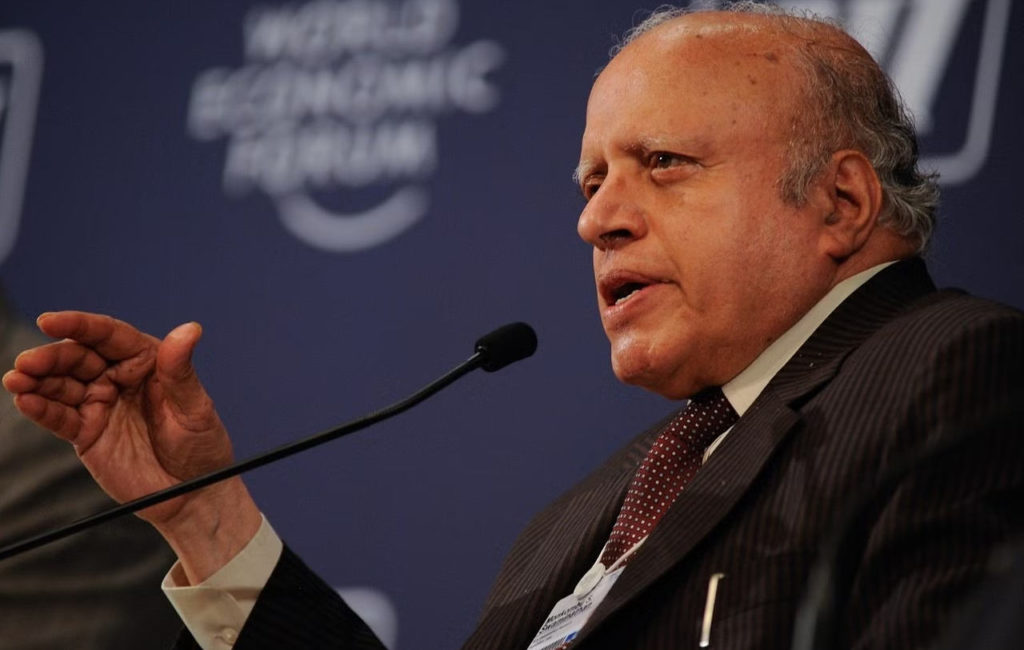Chennai – India mourns the loss of a true visionary today as Monkombu Sambasivan Swaminathan, fondly known as MS, the Father of the Green Revolution, breathed his last at the age of 98. The iconic agricultural scientist, whose pioneering work transformed India from a food-importing nation to a foodgrain-surplus powerhouse in the late 1960s, passed away at his residence in Chennai.
A Visionary’s Journey
Born on August 7, 1925, in Kumbakonam, Tamil Nadu, Swaminathan’s journey to becoming a global agricultural icon was nothing short of remarkable. His groundbreaking work in introducing high-yielding wheat and rice varieties in India during the 1960s marked the beginning of India’s Green Revolution.
At a time when India was on the brink of a devastating famine, Swaminathan’s collaboration with Norman Borlaug, the renowned agronomist from Mexico, proved to be a game-changer. They introduced Mexican dwarf wheat varieties, which significantly increased foodgrain production. In 1968, India’s wheat yield soared from 12 million tonnes to an impressive 17 million tonnes. By 1971, India proudly declared self-sufficiency in foodgrain production, defying skeptics worldwide.
A Global Legacy
Norman Borlaug, who received the Nobel Peace Prize in 1970 for his role in the Green Revolution, attributed much of the success to Swaminathan’s leadership and determination. Swaminathan’s contributions extended beyond India’s borders as he served as the Director General of the International Rice Research Institute (IRRI) in the Philippines. His pivotal role at the IRRI earned him the first-ever World Food Prize in 1987, a prestigious honour in the field of agriculture.
A Visionary Scientist and Humanitarian
Swaminathan’s impact on agriculture extended to basic research in areas such as cytogenetics, ionizing radiation, and radiosensitivity, benefiting crops like potato, wheat, and rice. He was also a staunch advocate for the welfare of farmers and played a vital role in recommending minimum support prices (MSP) for agricultural crops.
His influence transcended agriculture, as Swaminathan served as the President of the Pugwash Conferences and the International Union for Conservation of Nature. In 1990, he coined the term ‘Evergreen Revolution,’ encapsulating his vision of sustainable productivity without harming the environment.
A Legacy of Awards and Honors
Throughout his illustrious career, Swaminathan received numerous awards and honors, including the Ramon Magsaysay Award, the Albert Einstein World Science Award, and the Planet and Humanity Medal of the International Geographical Union. His contributions were recognized not only in India but also globally, with accolades like the Order of the Golden Heart of the Philippines and the Order of Agricultural Merit of France.
In addition to his groundbreaking contributions to agriculture, MS Swaminathan’s intellectual prowess and dedication were acknowledged through a remarkable collection of 84 honorary doctorates. His academic journey was adorned with accolades from prestigious institutions around the world.
A Lasting Impact
Swaminathan’s legacy lives on through his eponymous research foundation and his vision of sustainable agriculture. His efforts paved the way for India’s agricultural self-sufficiency and continue to inspire generations of scientists and policymakers to work towards a hunger-free world.
MS Swaminathan leaves behind a lasting legacy that will forever be etched in the annals of India’s agricultural history, as he will be remembered as the visionary who ensured that no Indian would go hungry.





